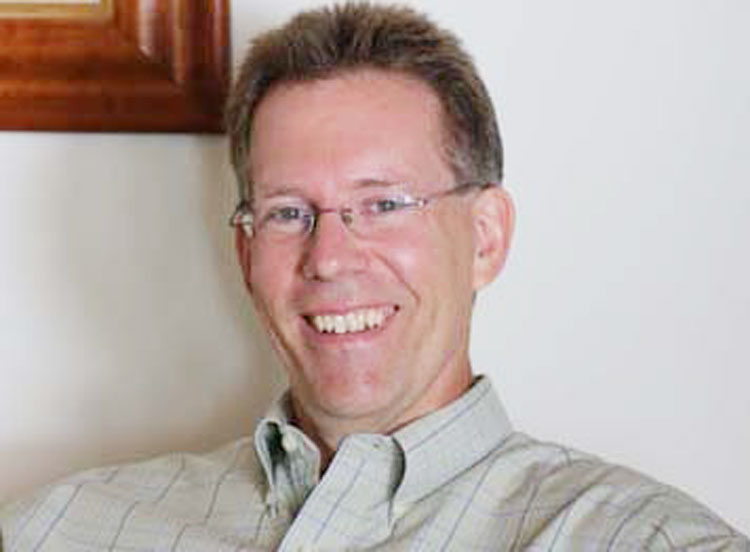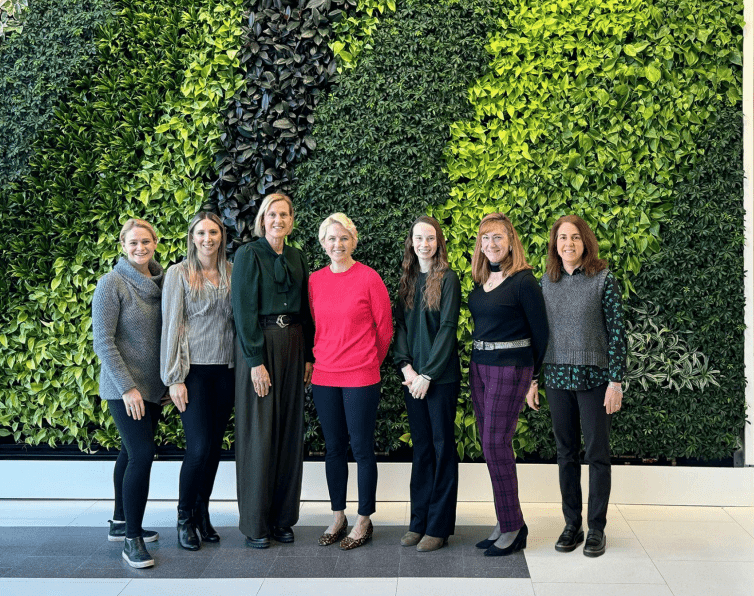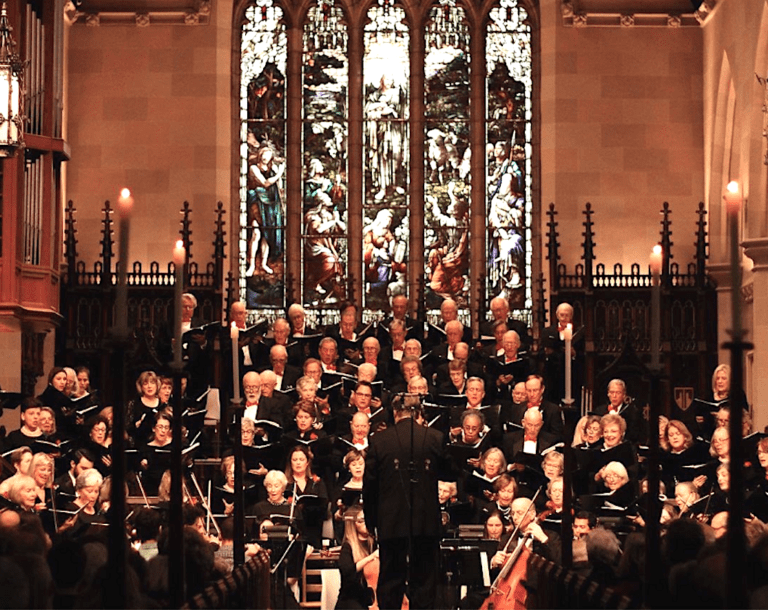
By Edward G. Horstmann
Sentinel Columnist
A few weeks ago I learned that a former next-door neighbor of mine from my hometown of Bennington, Vt., had died.
His name was Chuck and he and his wife, Anne, were great friends of my family, especially at a time when friendships were what we needed most.
When my father died in November of my senior year in high school, Chuck and Anne were quick to appear at our door with an offering of food. But their generosity did not end there. Soon afterward, Chuck asked me if I wanted to join a men’s tennis league with him. Since the league was based at an indoor facility at some distance from our homes, we shared many long and good conversations on the way back and forth to our matches. Chuck’s encouragement became a solid source of support for me precisely at a time when my life had been rocked to its foundation.
As I remembered Chuck and his importance to me, I was reminded of Mike. He was also a neighbor, and became another source of support after the death of my father. Though he was an elementary school principal with many civic commitments, he made time in his life for me. He asked me to join him on his daily runs following work, and included me in basketball games with his friends. And by the power of negative example, he taught me never, ever to smoke a cigar.
How fortunate I was to have these two caring adults in my life. Though their lives were committed in many directions, with generous hearts they made time for me, and to this day I feel the strength of their care.
When I talk with people in our community, I hear a growing concern that the spirit of generosity reflected in the actions of people like Chuck and Mike, may not be as robust as it once was.
Political rhetoric is harsh and demeaning, less and less generous and more and more abusive. “Crossing the aisle” in political terms used to mean reaching across party lines to do great things for the common good. Now that same phrase suggests a perilous journey that may threaten one’s political career.
In terms of attention span, we are more generous toward our technological devices than we are toward one another. As face-to-face time becomes displaced by face-to-screen time, we lose human connection. If we are not attentive to those with whom we share daily life, we miss those moments of intimacy where the sight of a growing smile, or the twinkle in an eye, can be signs of great grace.
At the University of Notre Dame, a Science of Generosity Initiative is underway to help us understand how the human power to help can be strengthened. Thanks to a grant from the John Templeton Foundation, the university is providing funds to support researchers representing many academic disciplines from across the globe, who seek to develop a vision of what encourages, and threatens, our capacity to be generous. I am thrilled to learn of this initiative, but why not become explorers in our own right? Why can’t we become the leaders of an uprising in generosity that brings a fresh infusion of encouragement to our world?
I think that this journey might well begin with an act of humility. As Chuck and Mike enriched my life, I continue to be inspired by friends and strangers whose actions give me faith and courage.
On a daily basis I hear stories of people who raise funds for projects that care for people halfway across the globe, who donate kidneys to those in need of an organ transplant, and who eliminate complaint from their conversations in order to be more generous with praise. Some take on second jobs so that they can contribute more to the causes they support. Others reduce their expenses, so that they have more to give.
We are generous when we know that someone or something is worth fighting for. What is it that calls forth from us that kind of fierce energy and generosity for greater goodness? What resources do we need to engage that struggle, and who do we need to go with us? These are the questions on my mind as I seek to become a more generous and loving person.
I am eager to hear more from the Science of Generosity Initiative at the University of Notre Dame. But my sense is that their efforts will affirm at least one thing we already know: that generosity is good for the heart. And that as we exercise the power to be gracious, such efforts will also be good for the heart of our community, good for the heart of our nation, and good for the heart of the whole world.
The Rev. Dr. Edward G. Horstmann is senior minister at Round Hill Community Church in Greenwich.




